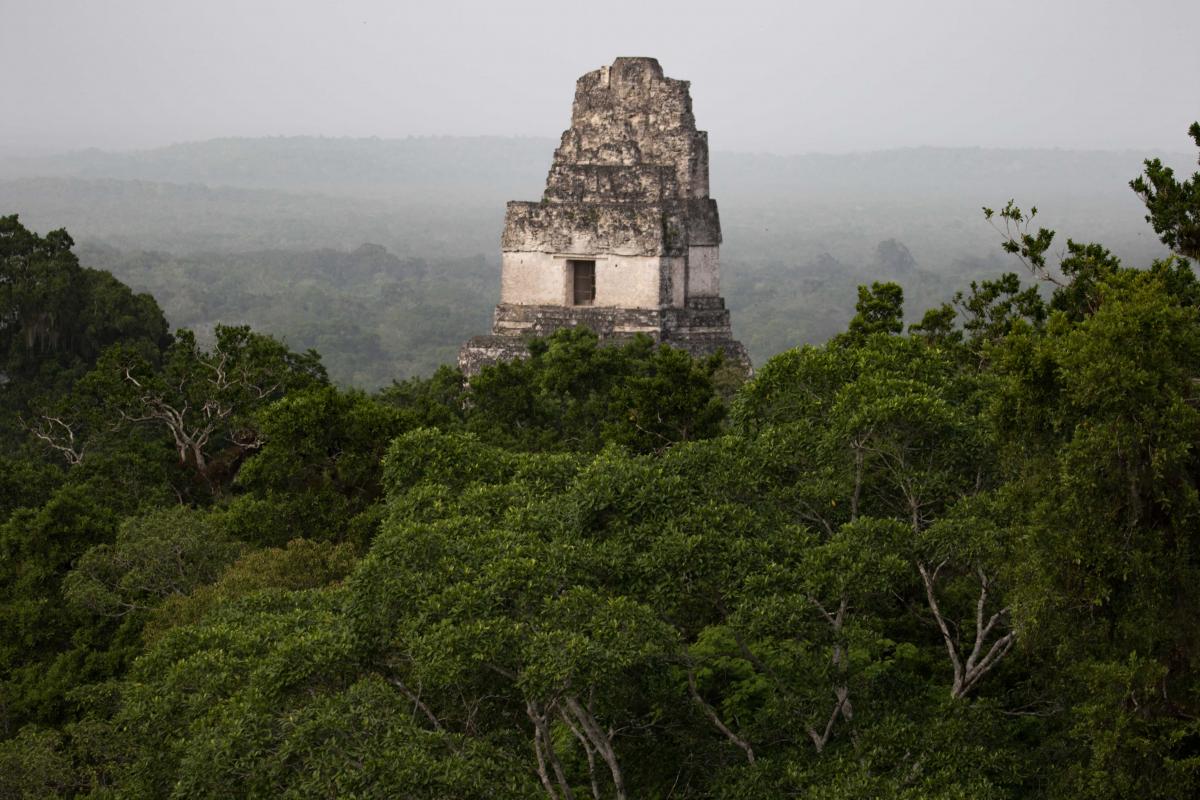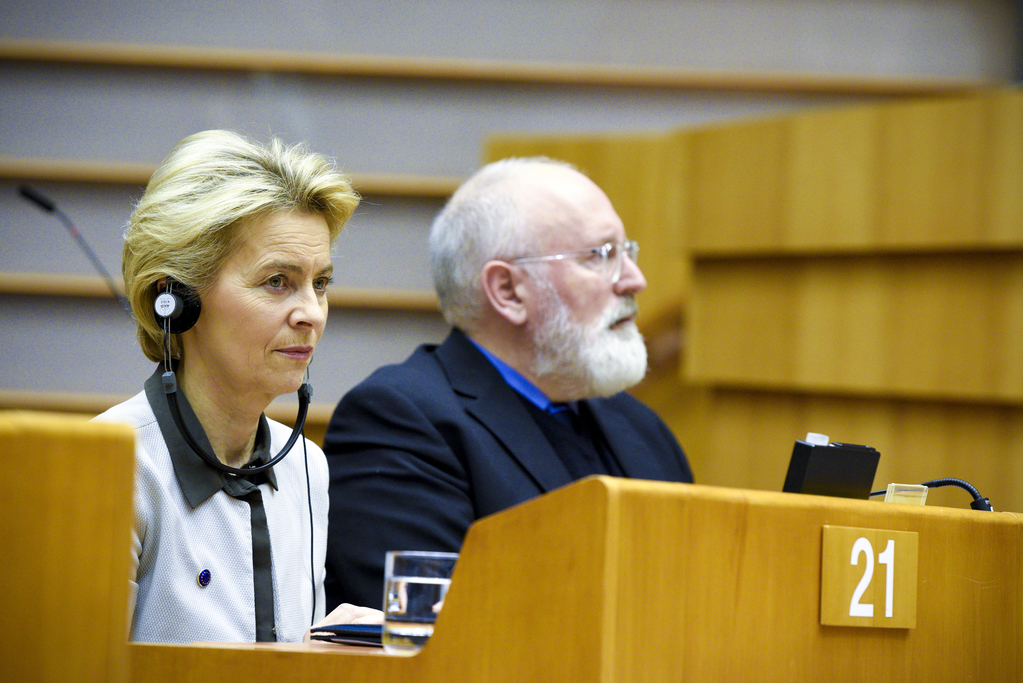New TGER Case Registry project
The Theme on Governance, Equity and Rights is setting up a webpage that includes a public registry of cases of good practice and bad practice of conservation attention to governance, equity and rights. Everyone is invited to contribute cases, using a standardized form and criteria to be included on the website. A searchable database of cases will also be created.
Given recurring allegations and denials of rights abuses by conservation, and given the welcome Conservation Initiative on Human Rights (CIHR) announced in 2010, this site will provide a public venue for cases from which patterns of advances in addressing these issues can be assessed (as mandated in IUCN resolutions since 1996 WCC).
Over the past two decades, the conservation industry has responded to criticisms by repeatedly developing "lessons learned", tools for change, policies on working with indigenous and local communities, training events, and asserted "partnerships" with local and indigenous communities, but the debate continues whether this has changed the way conservation is done across the board. We hope that this website will contribute public accountability that will contribute to the analysis of progress toward this desirable change.
- A link to this website will be added to the IUCN CEESP TGER page.
Additional details will be distributed in due course, as the project proceeds.
fyi, regarding the 1996 date, quoted from the Amman WCC meeting information on the web:
http://www.iisd.ca/sd/iucn/wcc2/sdvol39num7.html
"Indigenous people and traditional communities in protected areas: Chair Joanna Sutherland, Commission on Environment and Law, said the session aimed to assess progress in meeting three resolutions adopted by the 1996 Congress: establishing a collaborative management working group; ensuring that indigenous property rights and CBD implementation issues are addressed; and developing appropriate policies and programmes for indigenous peoples.
Speakers discussed recognition of indigenous peoples' rights to participate in protected areas management, drawing examples from Belize, South Asia, China and East Africa. Participants stressed, inter alia: the importance of livelihood security; the need to develop direct dialogue with local communities; balancing social and conservation concerns; recognizing and securing tenure rights; reversing past policies of expropriation and eviction; recognizing the link between cultural and biological diversity; changing to an inclusionary model; building on traditional knowledge and institutional structures; social equity as a human right and a conservation aid; and development of an IUCN indigenous peoples' advisory group. The session recommended, inter alia, building more capacity for participatory management and expanding IUCN's base of social scientists."



